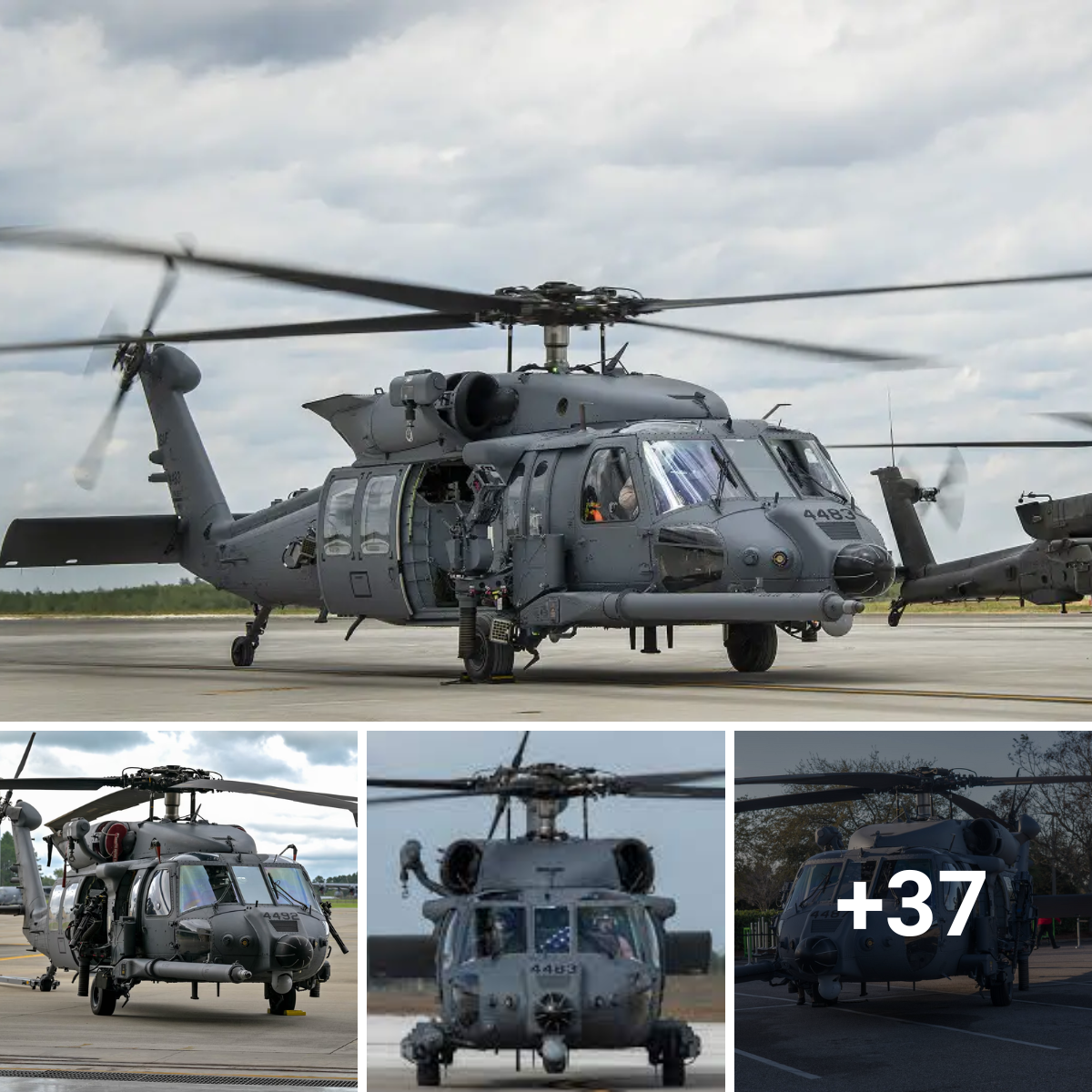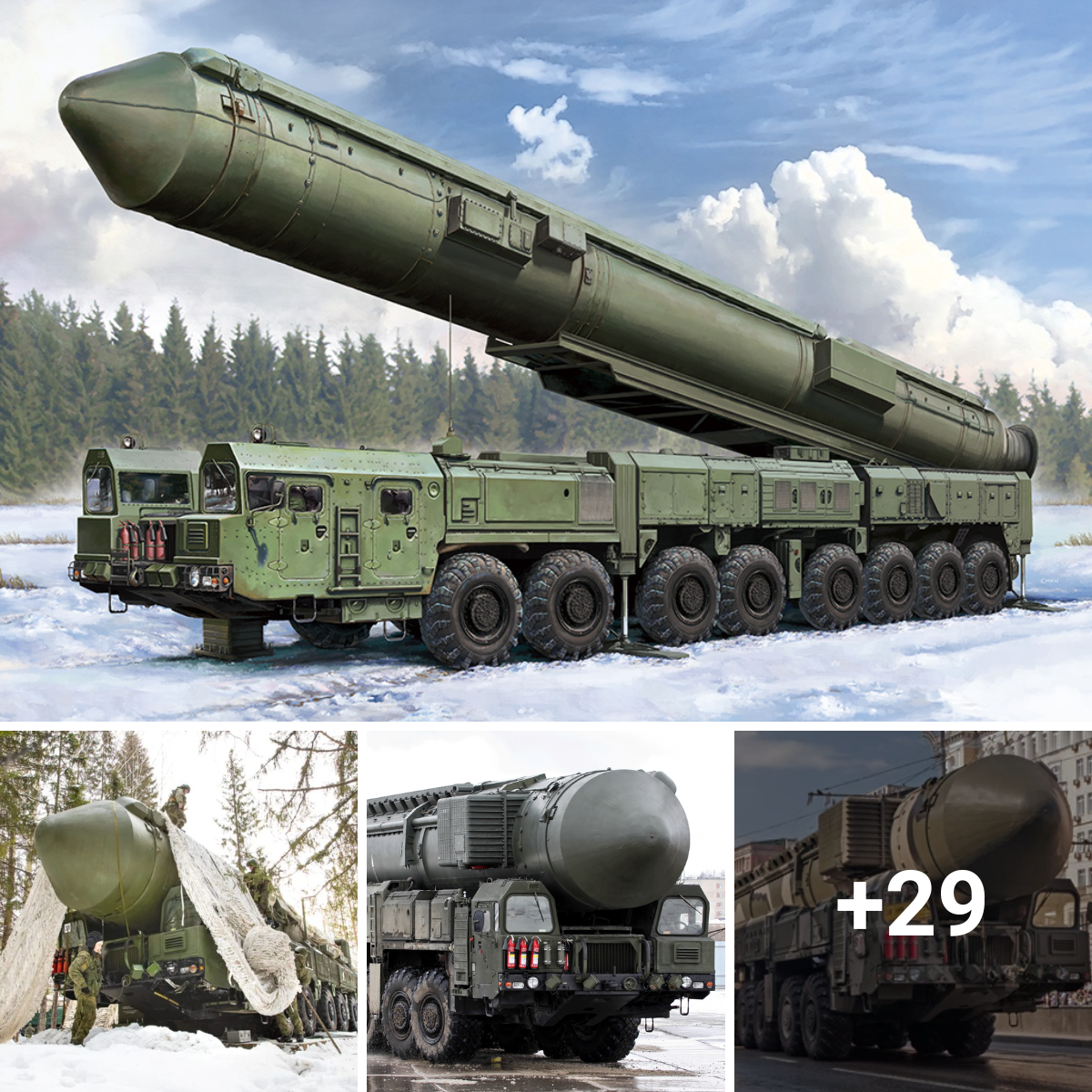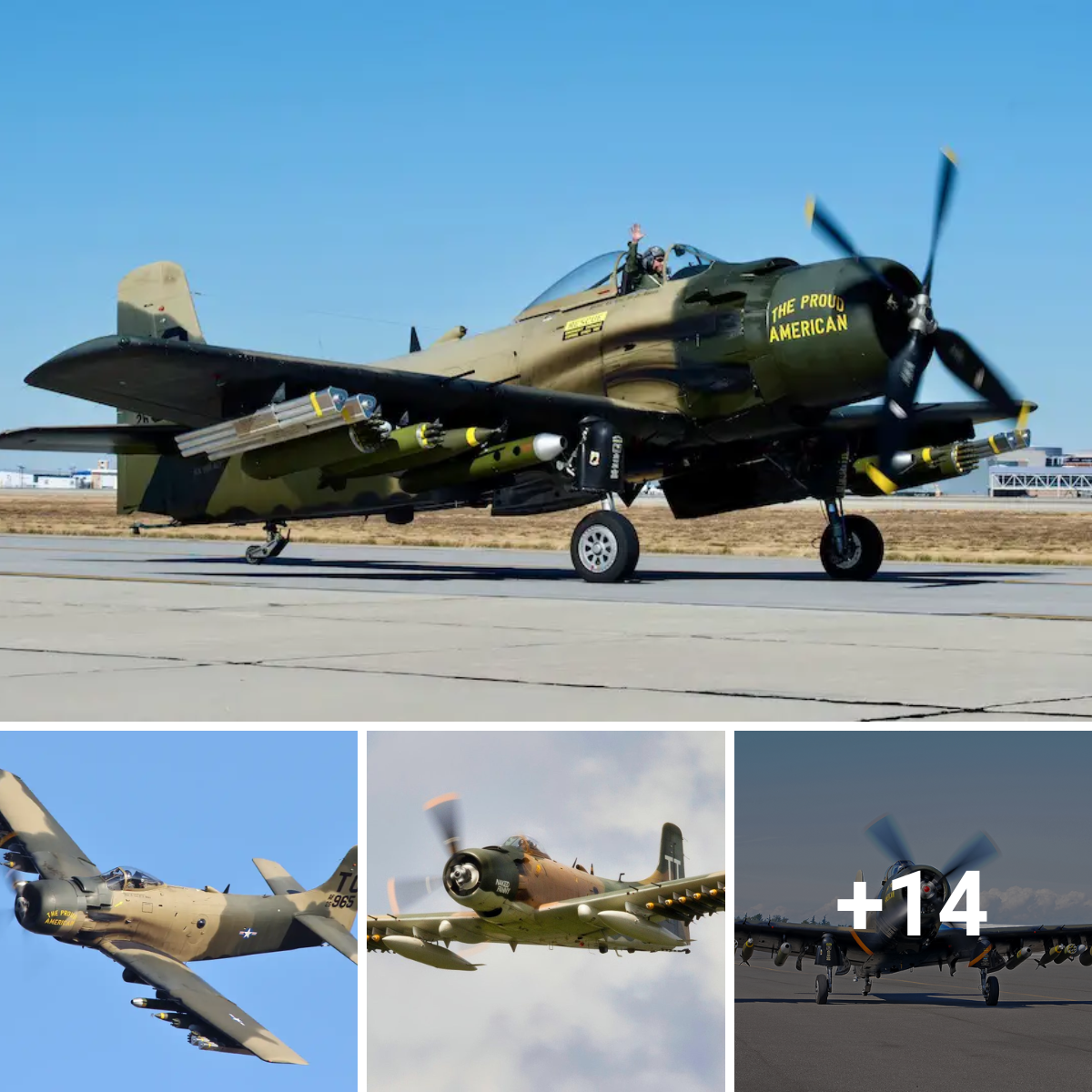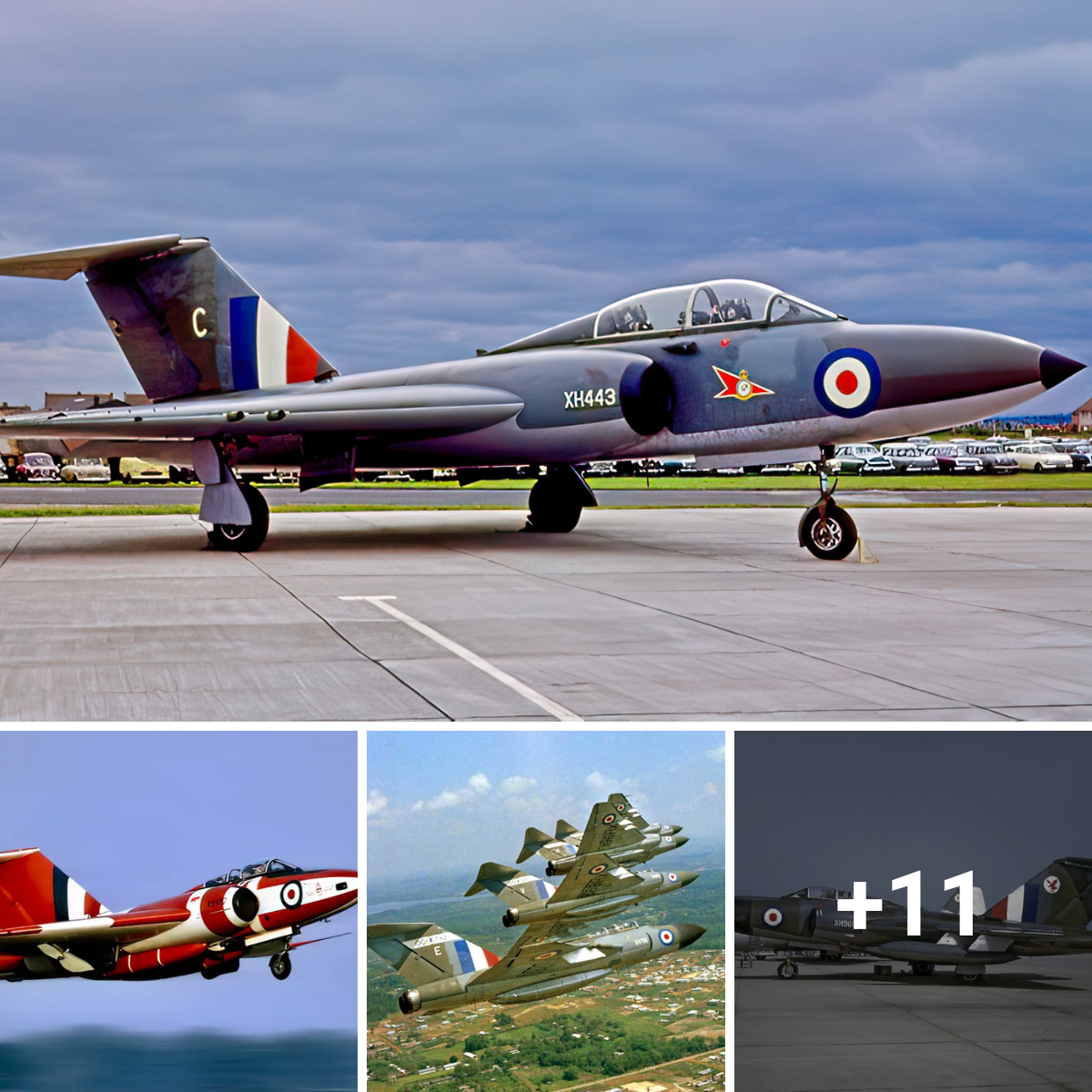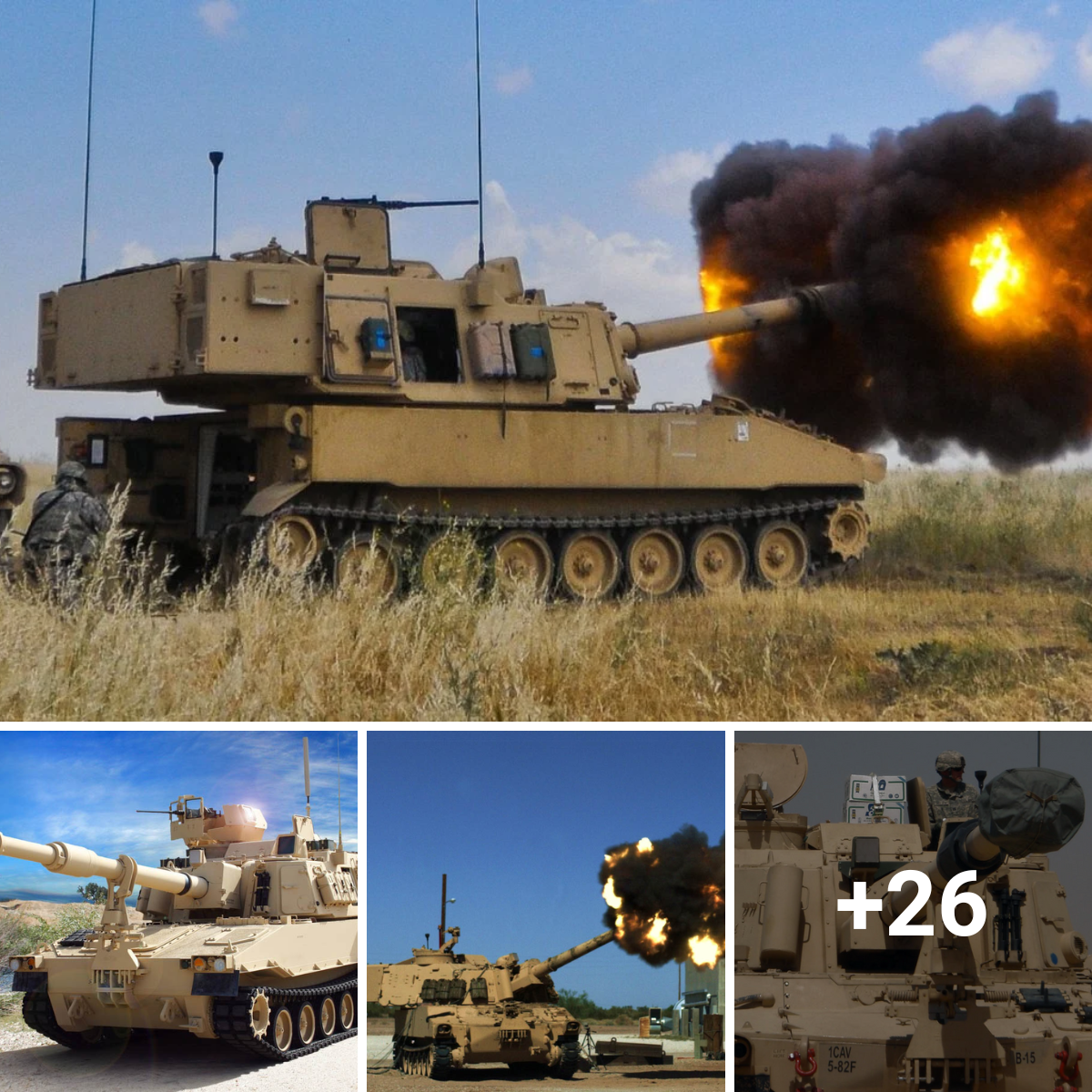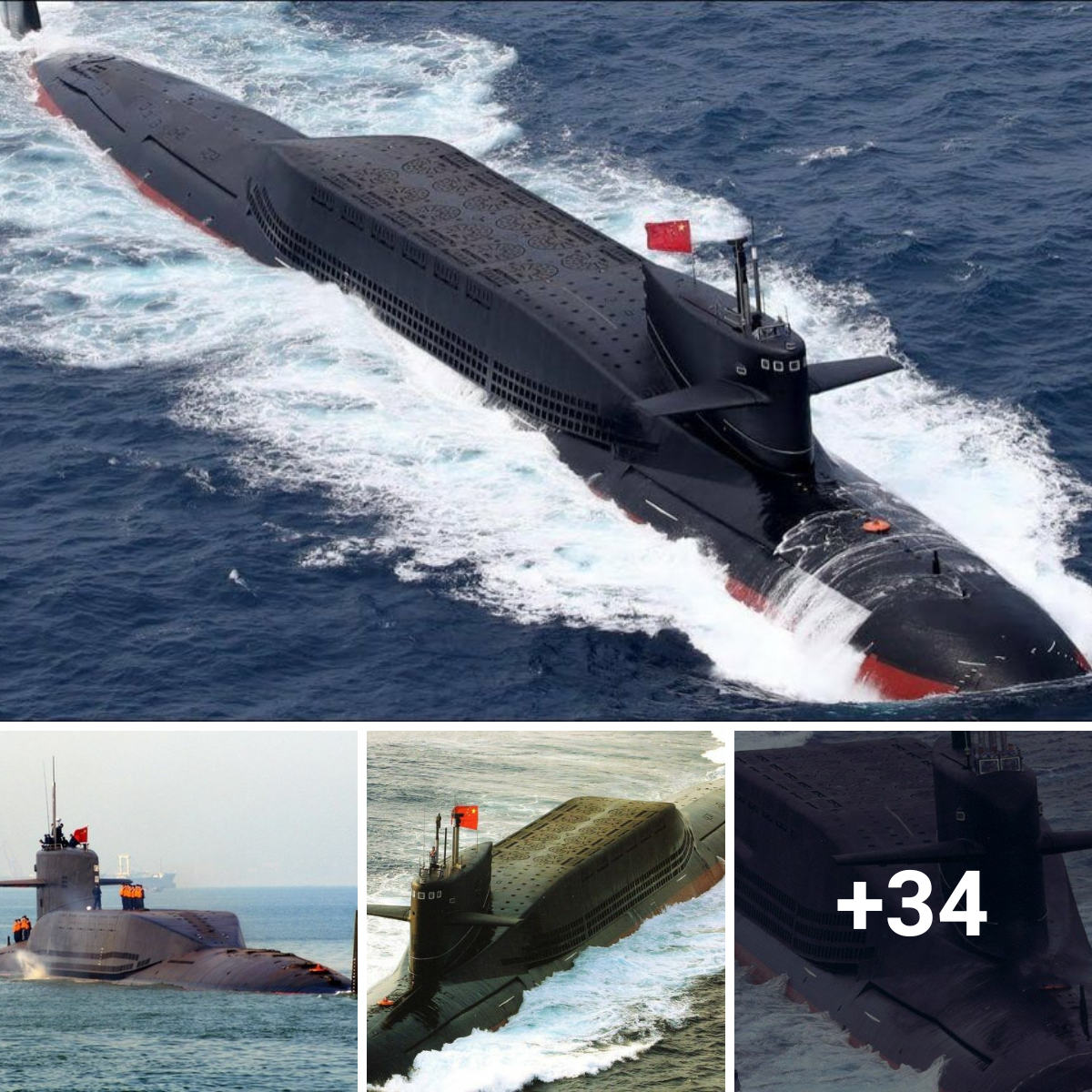The Ticonderoga-class guided-missile cruiser USS Leyte Gulf (CG 55) arrived in Dubrovnik, Croatia for a scheduled port visit, Oct. 31, 2022. Since 2009, Croatia’s membership in NATO has been instrumental in sustaining regional security and cooperation. Fostering a positive relationship between Croatia and the U.S. has produced positive impacts for both nations militarily, diplomatically, and economically. The port visit comes after Leyte Gulf’s participation in the NATO-led vigilance activity Neptune Strike 22.2 (NEST 22.2) in the Mediterranean Sea. NEST 22.2 demonstrated the combined capacity of the Alliance while underscoring allied and partner nations’ commitments to deterrence and defense of sovereign Alliance territory.
While in Dubrovnik, Sailors will have the opportunity to immerse themselves in the history and culture of Croatia, both privately and on the multiple tours offered by the ship’s Morale, Welfare, and Recreation (MWR) committee. Defense cooperation between the United States and Croatia in the form of training, equipment, infrastructure construction, and specialized military education remains a cornerstone of the U.S.-Croatia relationship. Recently, Leyte Gulf completed joint exercises with the Croatian missile boat PGG Dubrovnik (RTOP 42) during NEST 22.2. U.S. Navy ships frequently stop in Croatia for maintenance and mutual security operations. Croatia is a hub for U.S. Navy cooperation in the region, with the port city of Rijeka benefiting economically from over a billion Kuna in contracted services by the U.S. Navy since 2011.

“Leyte Gulf is excited to be visiting Croatia, one of our closest NATO allies in the region,” said Capt. Michael Weeldreyer, commanding officer of Leyte Gulf. “The crew is honored to be able to represent the United States in this fashion after the extensive and fulfilling events at sea.”
Leyte Gulf, homeported in Norfolk, Virginia, is operating as part of the George H.W. Bush (GHWB) Carrier Strike Group (CSG), operating in the U.S. Sixth Fleet area of operation as part of a scheduled deployment. The Nimitz-class aircraft carrier USS George H.W. Bush (CVN 77) is the flagship of CSG-10, GHWB CSG. CSG-10 is comprised of George H.W. Bush, Carrier Air Wing (CVW) 7, Destroyer Squadron (DESRON) 26, the Information Warfare Commander, and Leyte Gulf. The ships of DESRON 26 within CSG-10 are USS Nitze (DDG 94), USS Farragut (DDG 99), USS Truxtun (DDG 103), and USS Delbert D. Black (DDG 119).
The squadrons of CVW-7 embarked aboard the George H.W. Bush are the “Sidewinders” of Strike Fighter Squadron (VFA) 86, the “Jolly Rogers” of VFA-103, the “Nighthawks” of VFA-136, the “Pukin Dogs” of VFA-143, the “Bluetails” of Carrier Airborne Early Warning Squadron (VAW) 121, the “Patriots” of Electronic Attack Squadron (VAQ) 140, the “Nightdippers” of Helicopter Sea Combat Squadron (HSC) 5, and the “Grandmasters” of Helicopter Maritime Strike Squadron (HSM) 46. For over 80 years, NAVEUR-NAVAF has forged strategic relationships with allies and partners, leveraging a foundation of shared values to preserve security and stability. Headquartered in Naples, Italy, NAVEUR-NAVAF operates U.S. naval forces in the U.S. European Command (USEUCOM) and U.S. Africa Command (USAFRICOM) areas of responsibility. U.S. Sixth Fleet is permanently assigned to NAVEUR-NAVAF, and employs maritime forces through the full spectrum of joint and naval operations
